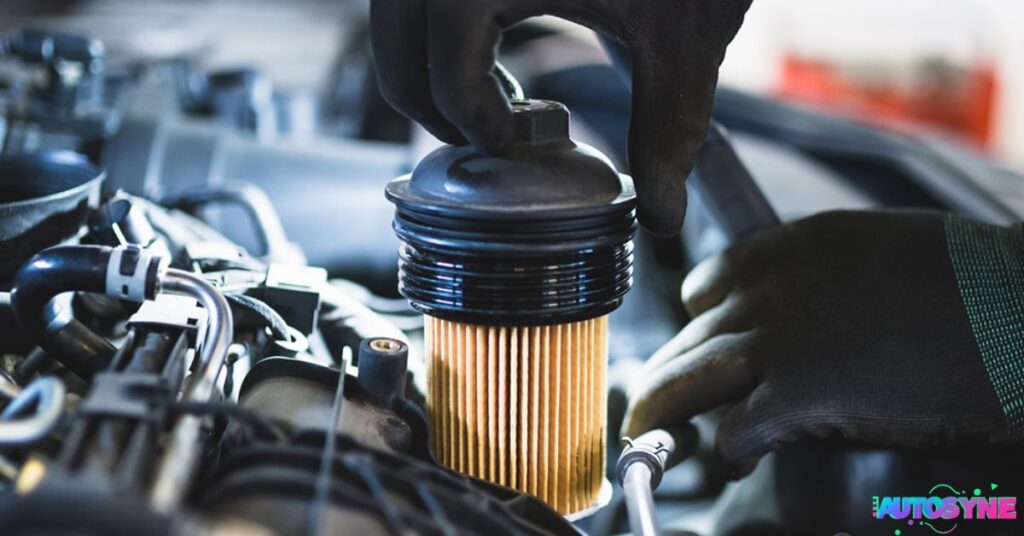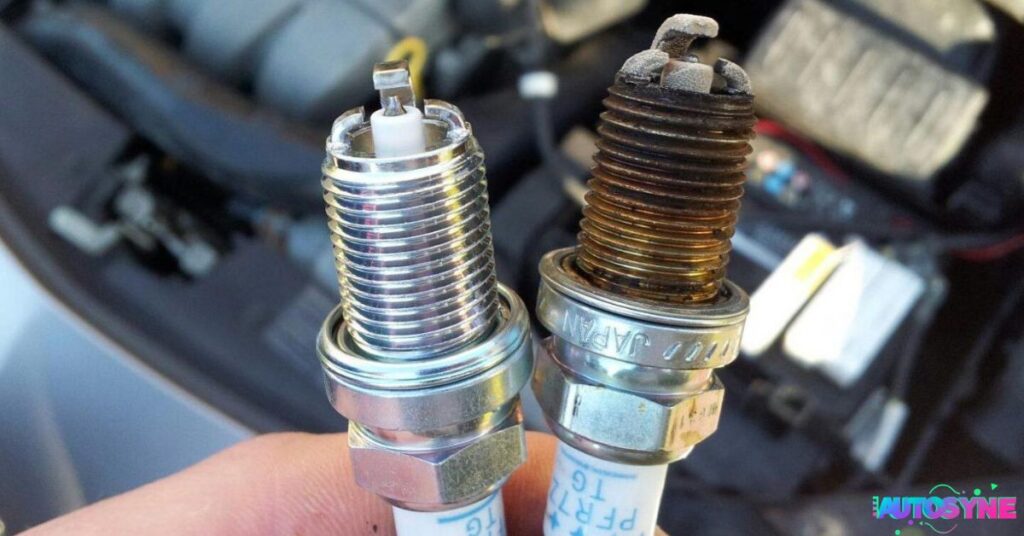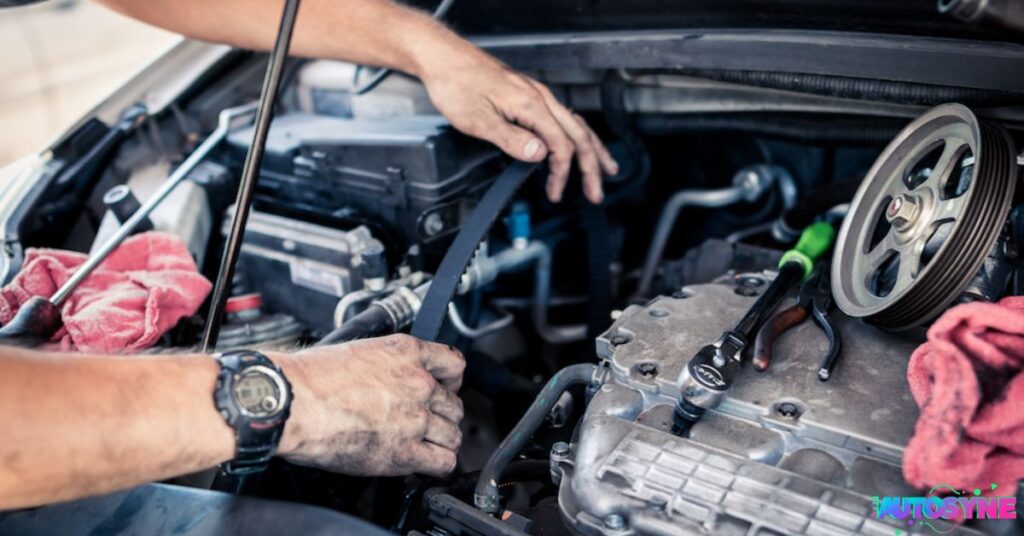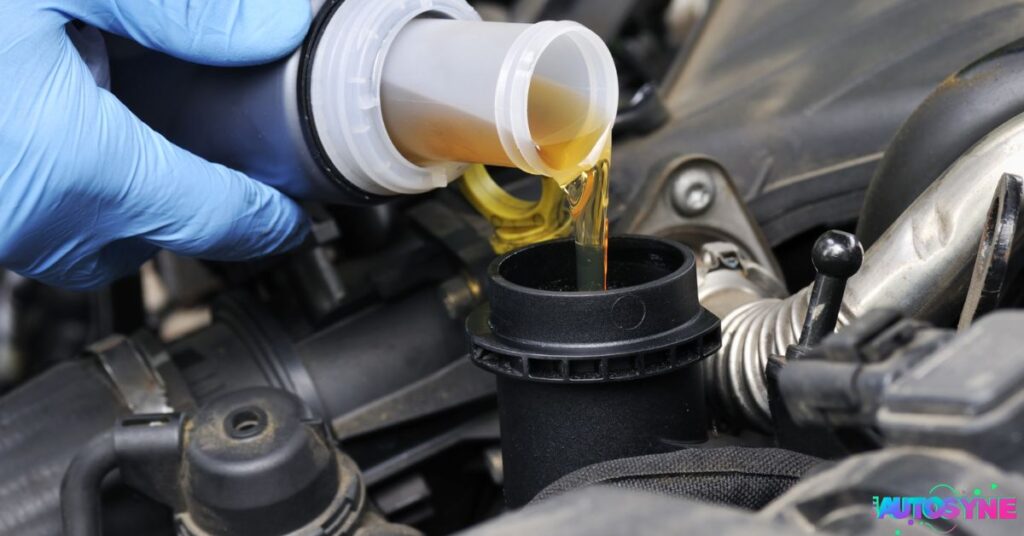Experiencing your car jerking after an oil change can be concerning. Several factors could contribute to this issue, such as using the wrong oil viscosity, overfilling the oil reservoir, or a dirty oil filter. Faulty spark plugs or other mechanical issues may also be the culprit.
Have you ever experienced the unsettling sensation of your car jerking after an oil change? It is as if it is protesting against the new lubricant. But fear not, we are here to decode the mystery behind this unexpected behavior.
Join us on a journey to uncover the reasons why your car might be misbehaving post-oil change. Together, we’ll navigate through the twists and turns of automotive maintenance to ensure your ride is back to its smooth, dependable self in no time.
Low-Quality Oil
Using low-quality oil in your car can lead to serious engine issues. These oils often contain impurities that can clog vital engine components. As a result, your car’s performance may suffer, leading to reduced power and efficiency.
To avoid these problems, it’s crucial to always use high-quality oil that meets your vehicle’s specifications. Investing in quality oil can ultimately save you money by preventing expensive repairs down the line. Keeps your engine running smoothly by choosing the right oil for your car.
Read This Blog: Best Car Ideas For Prom (And 4 To Avoid)
Dirty Oil Filter
A dirty oil filter can cause significant problems for your car’s engine. When the filter becomes clogged with dirt and debris, it restricts the flow of oil. This can lead to poor lubrication, increased friction, and potential damage to engine components.

Regularly replacing the oil filter is essential to maintain optimal engine performance and prolong the life of your vehicle.
By following the manufacturer’s recommendations for oil filter replacement intervals, you ensure that clean oil continues to circulate freely throughout the engine, preserving its efficiency.
Overfilling the Oil
Overfilling the oil in your car can have serious consequences for its performance. When there is too much oil, it can create excess pressure within the engine, leading to air bubbles forming in the oil.
These air bubbles disrupt the lubrication process and can result in erratic engine behavior, such as jerking or stalling. To avoid overfilling, always follow the manufacturer’s guidelines for the correct oil level.
Regularly checking and maintaining the oil level in your car helps ensure smooth engine operation and prevents potential damage caused by overfilled oil reservoirs.
Faulty Spark Plugs

- Intermittent Misfiring: Faulty spark plugs may intermittently fail to ignite the fuel-air mixture properly, resulting in sporadic misfires and erratic engine behavior.
- Loss of Engine Power: Worn-out spark plugs can diminish engine power, leading to sluggish acceleration and overall diminished performance.
- Elevated Fuel Consumption: Inefficient combustion caused by faulty spark plugs can increase fuel consumption, reducing overall fuel efficiency.
- Unstable Idling: A rough or unstable idling engine can be indicative of faulty spark plugs, disrupting smooth vehicle operation while stationary.
- Delayed Engine Start: Difficulty starting the engine or experiencing delayed ignition could signal issues with worn-out or damaged spark plugs.
- Engine Stall: Faulty spark plugs may contribute to engine stalling, particularly during acceleration or when idling at low speeds.
- Subpar Engine Performance: Overall, faulty spark plugs can lead to subpar engine performance, affecting responsiveness and drivability.
- Audible Engine Noises: Severe spark plug wear may result in engine knocking or pinging sounds, indicating combustion irregularities.
- Increased Emissions: Malfunctioning spark plugs can cause incomplete combustion, resulting in higher emissions of pollutants such as hydrocarbons and carbon monoxide.
- Risk of Further Damage: Ignoring spark plug issues can escalate to damage to the ignition system and other engine components, necessitating expensive repairs.
When to Ask a Mechanic Online
Instant Support: Online mechanics are available around the clock, providing immediate assistance without scheduling constraints.
Confidence Booster: When unsure about a local mechanic’s diagnosis, seeking an online consultation offers a quick and reliable second opinion.
Accessible Expertise: Online platforms offer accessible knowledge, empowering users to understand vehicle maintenance conveniently.
24/7 Access: Access certified expert mechanics anytime; ensuring help is on hand whenever car troubles arise.
Tailored Advice: Specialized mechanics offer personalized solutions to car issues, ensuring accurate guidance for specific problems.
Budget-Friendly Solutions: Online consultations often provide cost-effective alternatives to traditional mechanic visits, saving both time and money while effectively addressing car concerns.
Also Read: Why Do Deer Jump In Front Of Cars?
Car Not Accelerating Properly After Oil Change
Feeling your car sluggish after an oil change is troubling. It could be because of using the wrong type of oil or adding too much. These mistakes can make it hard for your car to pick up speed. It’s crucial to fix these issues promptly to ensure your car performs well.

Seeking help from a mechanic can pinpoint the problem and restore proper acceleration. Don’t hesitate to address this concern for a smoother driving experience.
Frequently Asked Questions
Why does my car feel weird after oil change?
Your car may feel strange after an oil change due to using the wrong oil type or overfilling the reservoir.
Why does my car tick after an oil change?
A ticking sound after an oil change could indicate issues with the oil filter, insufficient oil, or incorrect viscosity.
How do you fix an engine jerk?
To fix an engine jerk, check for issues like faulty spark plugs, dirty air filters, or incorrect oil levels.
Can oil change affect acceleration?
Yes, an oil change can affect acceleration if the wrong oil type or amount is used, leading to poor lubrication and engine performance.
How long does it take for new oil to settle in a car?
It typically takes a few minutes for new oil to settle in a car after an oil change, but full lubrication may take up to 100 miles of driving.
How do I know if my oil filter is bad?
Signs of a bad oil filter include decreased engine performance, dirty exhaust, or metallic noises coming from the engine.
Can too much oil affect engine performance?
Too much oil can affect engine performance by causing excessive pressure and air bubbles, leading to rough running, stalling, or other issues.
Conclusion
In conclusion, maintaining your car’s engine health after an oil change is essential for optimal performance. Whether it’s addressing strange sensations, ticking sounds, or jerking motions, promptly identifying and resolving issues ensures smooth driving.
Remember to use the correct oil type and quantity, monitor oil filter condition, and seek professional assistance if needed. By staying vigilant and addressing concerns promptly, you can keep your car running smoothly and enjoy worry-free driving experiences.

Thomas is a seasoned automotive writer with five years of expertise. His passion for cars fuels insightful articles on industry trends, technology, and driving experiences.







